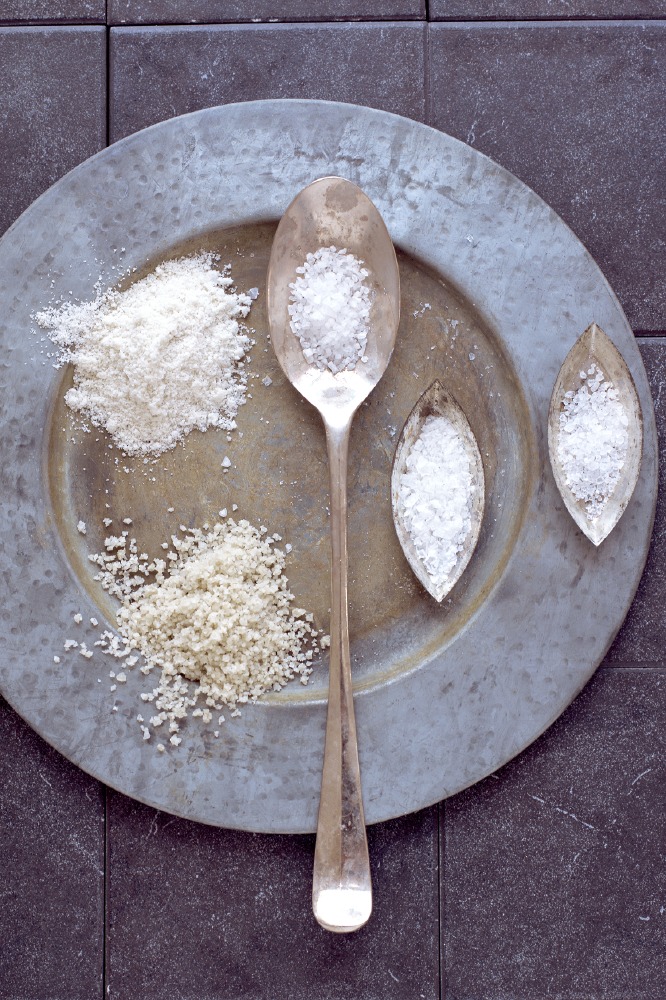
Are you eating too much salt?
Too much salt in our diet can lead to heart attacks and strokes, and a top doctor has claimed that as many as 12,000 people have died as a result of too much salt in their diet because of the Government's 'disastrous' policy on salt.
According to the World Health Organisation, we should be eating no more than 6g of salt a day - but with people insistent on adding table salt to their meals and not being aware of it hidden in pre-packaged meals the chances are we're all eating too much of it.
Professor Graham MacGregor of the Wolfson Institute of Preventive Medicine told the Mail Online that former Health Secretary Andrew Lansley has caused vital salt reduction targets to only be agreed upon now and unnecessary deaths are the cause of this.
This week is National Salt Awareness Week and the message given is 'Less Salt Please'.
In line with “Less Salt Please” Organix recommends you check food labels for salt (or sodium as it’s otherwise known) content in the foods you buy for you or your little one. Guidelines state the maximum daily salt intake by age is: 0-6 months <1g, 6-12 months 1g, 1-3 years 2g per 100g. And be aware there may be salt in foods that you would not expect it to be in, so check carefully.
For a safe lunchbox option or for keeping little ones going between meals look out for the Organix range of baby finger foods, Goodies toddler snacks and the No Junk Promise.
High salt diet in childhood – the impact
It is well known that a high salt intake is associated with high blood pressure in the adult population. There is now evidence to show that a high salt intake in children also influences blood pressure and may predispose an individual to the development of a number of diseases including, high blood pressure, osteoporosis, respiratory illnesses such as asthma, stomach cancer and obesity.
Furthermore, there is evidence that dietary habits in childhood and adolescence also influence eating patterns in later life. Liking salt and salty foods is a learned taste preference and the recommendation that the adult population reduce their sodium intake will be more successful if children do not develop a preference for salt in the first place. This can only be achieved if children are given a diet which is low in salt.
What concerns Organix
As taste preferences are learned and formed in childhood, Organix believes children should be given a good start by reducing their salt intake today.
Organix is concerned that many foods use increased levels of salt as a cheap flavour enhancer and that the volume of salt consumed is poorly controlled by the industry. This can lead to children developing high salt tolerances and consuming higher levels of salt than expected or desired. Organix believes that by using real ingredients that deliver genuine natural flavour then salt levels can remain low.
National Salt Awareness Week: 10 - 16 March 2014
Run in association with the Consensus Action on Salt and Health (CASH), National Salt Awareness Week aims to get people thinking and to realise that a high salt diet can affect anyone. The focus of this year’s campaign is on salt reduction - Less Salt Please.
Tagged in Health Salt Nutrition Diet Healthy eating Heart Health

